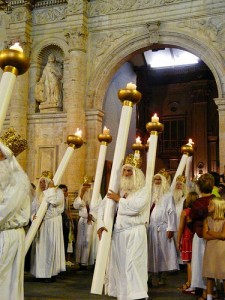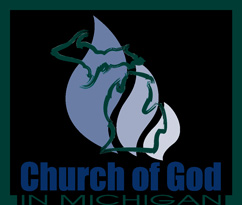This is, perhaps, a bit belated, but I want to express my heartfelt thanks to all of you in the congregation for your kind outpouring of gifts, cards, chocolates (especially those!), and warm wishes during the recent Christmas season. It is an honor to serve as your pastor, and Tara and I appreciated reading each card, reflecting on each family, and giving thanks for such a group of people with whom we have the privilege of working. So thank you, one and all, for your many thoughtful gifts in the past month or so.

The letter known as James, written so many years ago, communicates relevant truths about gift-giving that can be useful for all of us in such a time as this. In the early verses of this short letter, the author encourages Christians to remain faithful to the Lord even in times of testing. Of course, the earliest Christians – along with some Christians in certain parts of today’s world – faced much more serious persecutions and trials than we experience in contemporary Western culture. Yet the first gift that James mentions as being worthy of requesting from God is the same gift for which King Solomon yearned in the Old Testament days: the gift of wisdom. (See James 1:5.)
Oh, that we might all be wise in our living! I ask the Lord frequently for wisdom in my service as your pastor; I hope that you ask God for wisdom frequently in your daily vocations, as well. As generously as Mt. Haley showered Tara and me with Christmas gifts and cards last month, so much more generously will our God shower wisdom on those who ask him for it sincerely and in faith.
For as James teaches us, “All generous giving and every perfect gift is from above, coming down from the Father of lights, with whom there is no variation or the slightest hint of change” (James 1:17 NET). How comforting to know that God’s character never changes: that he is always generous, giving, and forgiving; that he is steadfast, consistent, and just. The new life he has planted in us through Jesus Christ (see James 1:18) is perhaps the greatest gift God has given us, although it requires (and inspires) us to strive toward holiness and righteousness on an everyday basis.
God’s gift of life-changing wisdom causes the faithful to desire to live differently in ways that please the Giver. In the same way, those who receive gifts from fellow human beings strive to honor their relationships so that the gifts do not fall empty and become meaningless. Have you ever received a gift from someone and then worked diligently to strengthen that relationship because of that gift? So should it be with our relationship with the Lord, in response to his gift of wisdom.
And so it will be in my relationship with you as Pastor of Mt. Haley Church of God. In the new year, I pledge to renew my efforts to lead this congregation in ways that please God, the giver of all good and perfect gifts. To God be the glory in 2013!
–Pastor David








